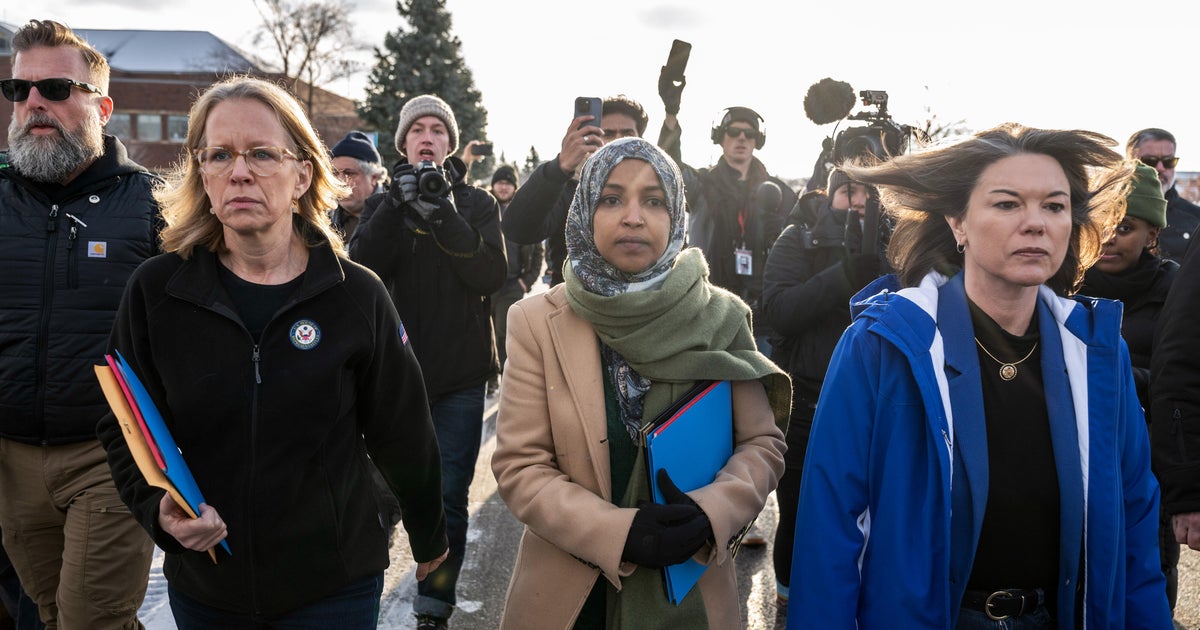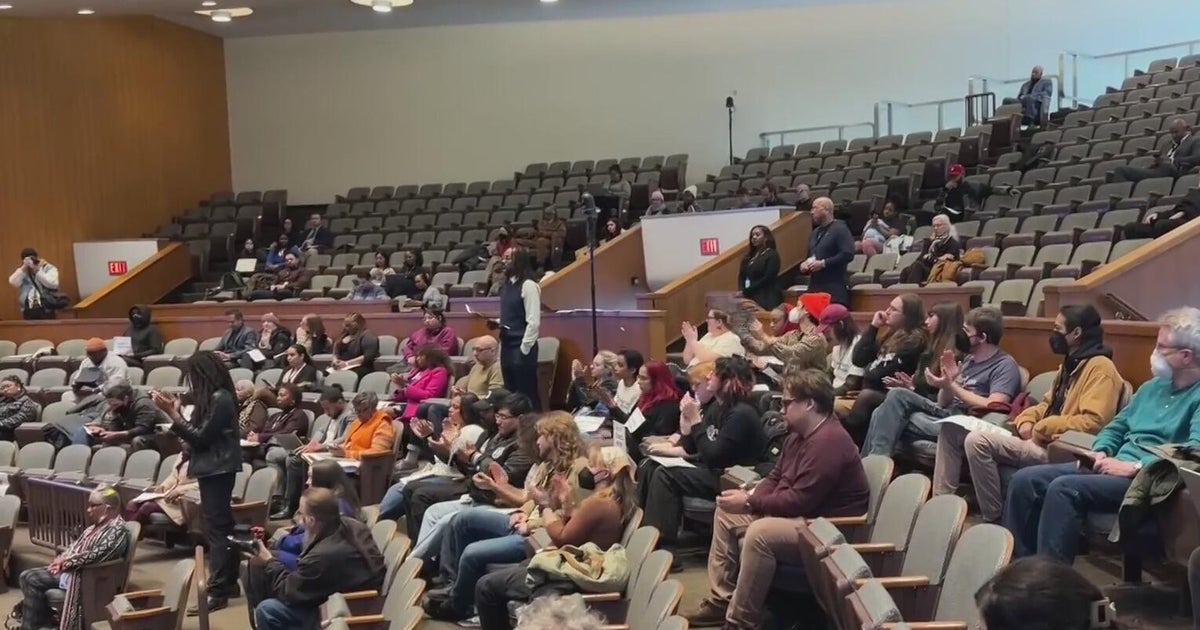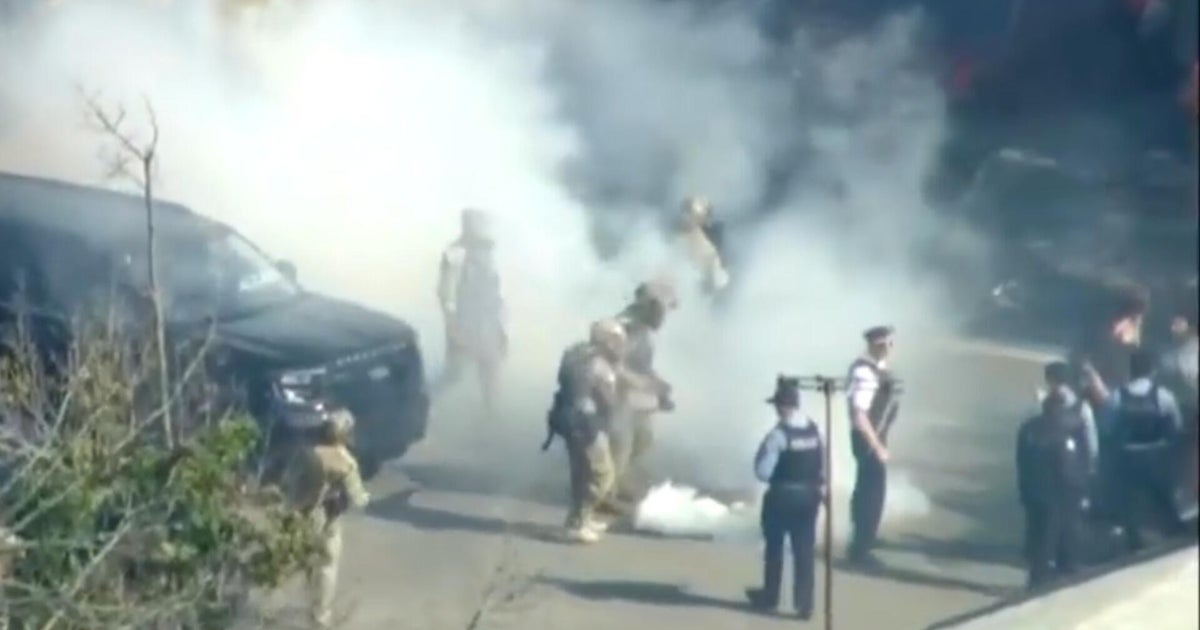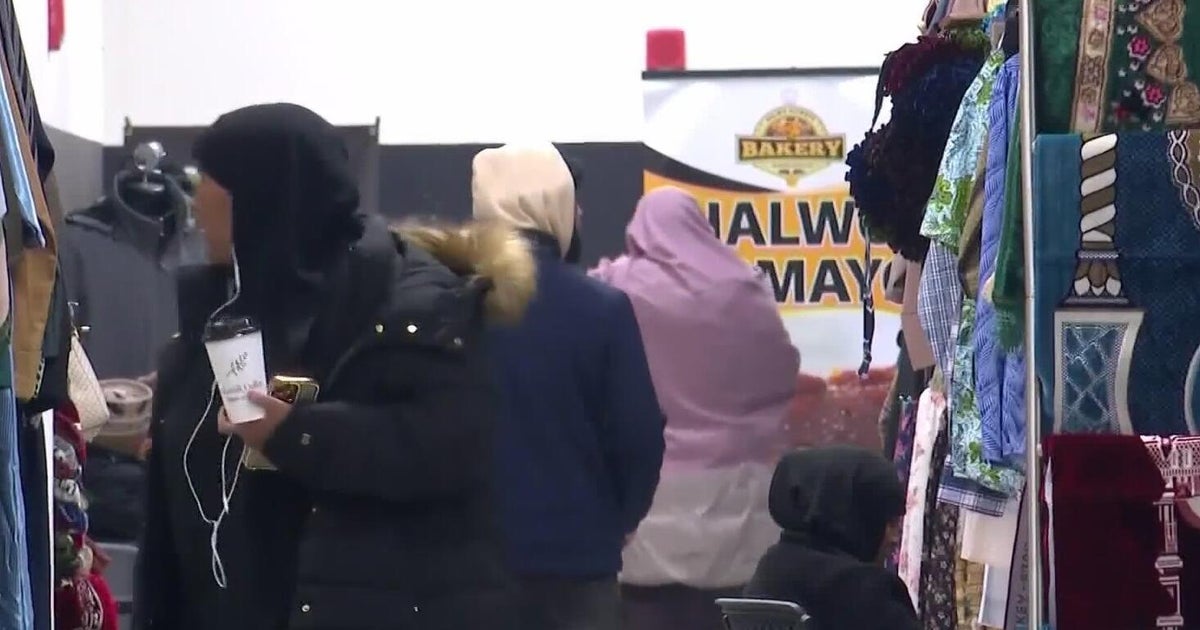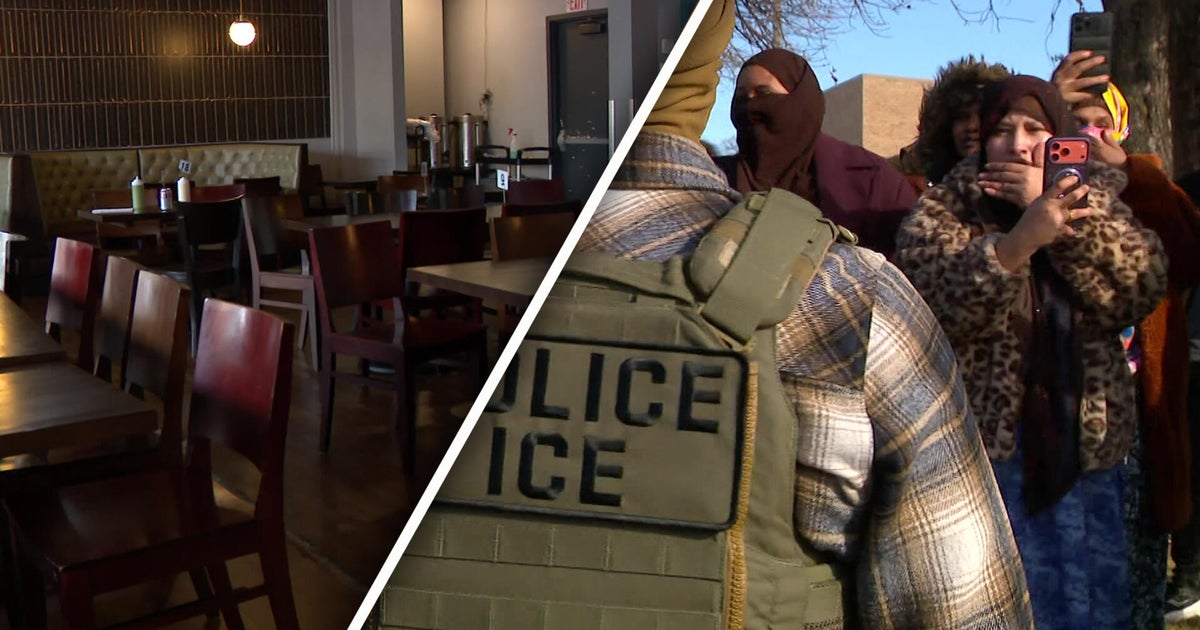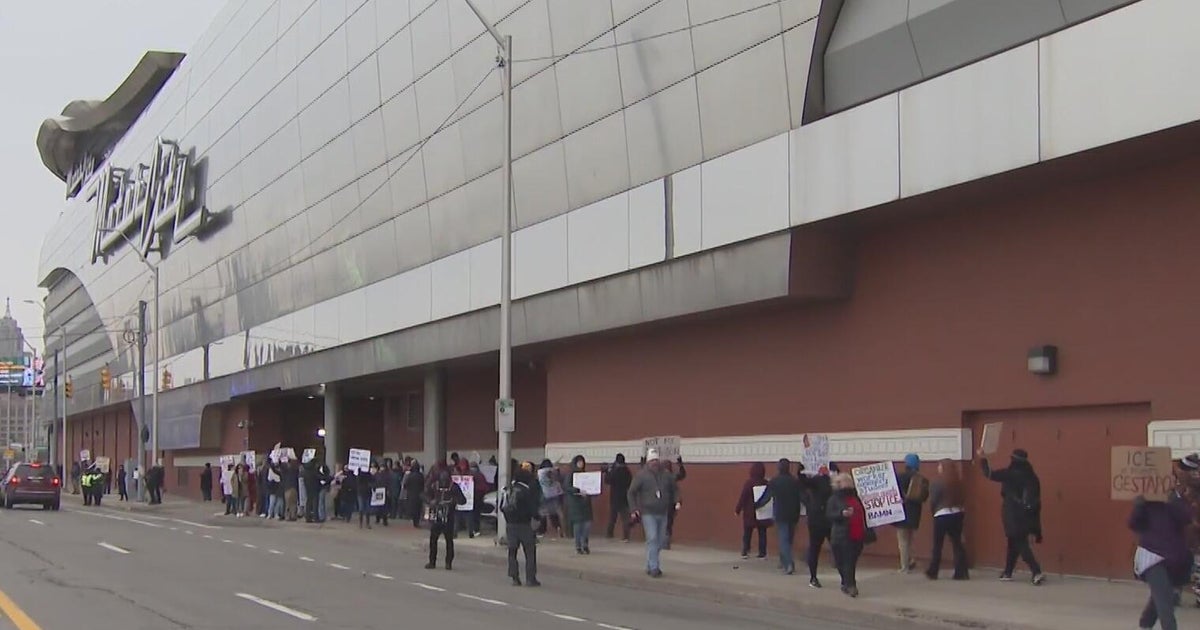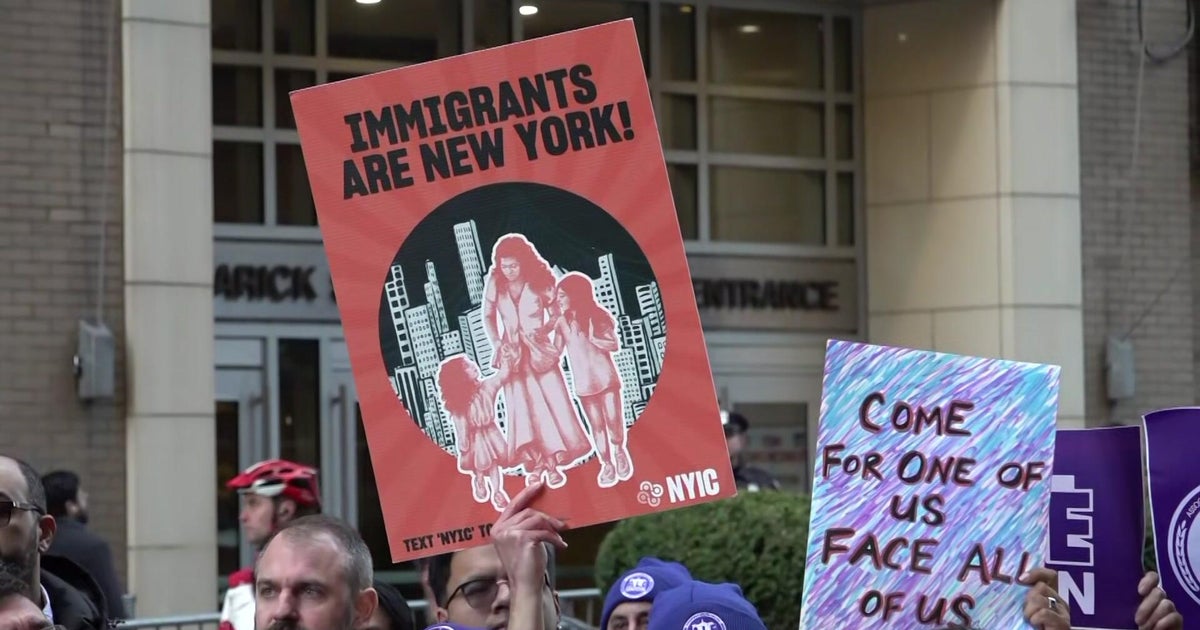Local Immigration Lawyers Offering Services Following Supreme Court Ruling On Travel Ban
NEW YORK (CBSNewYork/AP) -- Local immigration lawyers are working overtime after the Supreme Court ruled to allow the Trump administration to fully enforce a ban on travel to the United States by residents of six mostly Muslim countries.
The ban was green-lighted by the Supreme Court, in its entirety, while lower courts work to rule on injunctions and determine its legality. It applies to travelers from Chad, Iran, Libya, Somalia, Syria and Yemen.
The justices offered no explanation for their action Monday. The Trump administration had said that blocking the full ban was causing "irreparable harm" because the policy is based on legitimate national security and foreign policy concerns.
The order indicates that the high court might eventually approve the latest version of the ban, announced by President Donald Trump in September. Lower courts have continued to find problems with it.
Just two justices, Ruth Bader Ginsburg and Sonia Sotomayor, noted their disagreement with court orders allowing the latest policy to take full effect.
Lawyers of the New York Immigration Coalition are now offering their services for those concerned that they may be affected and families separated.
"People are really afraid," Camille Mackler with the New York Immigration Coalition told CBS2's Magdalena Doris. "It's been a rough ride and a really emotional roller coaster for these individuals."
For people from the six countries covered by the ban, lower courts had said those with a claim of a "bona fide" relationship with someone in the United States could not be kept out of the country. Grandparents, cousins and other relatives were among those courts said could not be excluded.
The courts were borrowing language the Supreme Court itself came up with last summer to allow partial enforcement of an earlier version of the ban.
Now, those relationships will no longer provide a blanket exemption from the ban, although visa officials can make exceptions on a case-by-case basis.
In lawsuits filed in Hawaii and Maryland, federal courts said the updated travel ban violated federal immigration law. The travel policy also applies to travelers from North Korea and to some Venezuelan government officials and their families, but the lawsuits did not challenge those restrictions. Also unaffected are refugees. A temporary ban on refugees expired in October.
"Generally speaking, nobody can get a visa now. From Iran, only students can get visas. Each country has its own sort of restrictions," said Mackler.
In addition to students from Iran, Somalian nationals can receive a visa with extra security screening.
Passengers at John F. Kennedy Airport reacted to the ruling.
"I just don't like the whole thing anyway," said Maribelle Leavitt. "Not a fan."
"Is it discriminatory? To a certain degree, yes it is discriminatory, it really is," said traveler Delfina Warrick.
"They must look into it and give the innocent people the chance to come over here," said traveler Pasha Khan.
Attorney General Jeff Sessions praised the Supreme Court's decision.
"The Constitution gives the President the responsibility and power to protect this country from all threats foreign and domestic, and this order remains vital to accomplishing those goals," he said in a statement.
Opponents of this and previous versions of the ban say they show a bias against Muslims. They say that was reinforced most recently by Trump's retweets of anti-Muslim videos.
"President Trump's anti-Muslim prejudice is no secret. He has repeatedly confirmed it, including just last week on Twitter. It's unfortunate that the full ban can move forward for now, but this order does not address the merits of our claims," said Omar Jadwat, director of the American Civil Liberties Union's Immigrants' Rights Project. The ACLU is representing some opponents of the ban.
If someone already has a visa or green card, they will be allowed into the U.S. but those applying after the restrictions are in effect will face a tougher vetting process or may be denied altogether.
All the rulings so far have been on a preliminary basis. The San Francisco-based 9th U.S. Circuit Court of Appeals and the 4th U.S. Circuit Court of Appeals in Richmond, Virginia, will be holding arguments on the legality of the ban this week.
Both appeals courts are dealing with the issue on an accelerated basis, and the Supreme Court noted it expects those courts to reach decisions "with appropriate dispatch."
Quick resolution by appellate courts would allow the Supreme Court to hear and decide the issue this term, by the end of June.
The New York Immigration Coalition encourages those who believe they may be affected to contact a lawyer and become educated on their status.
(© Copyright 2017 CBS Broadcasting Inc. All Rights Reserved. The Associated Press contributed to this report.)
